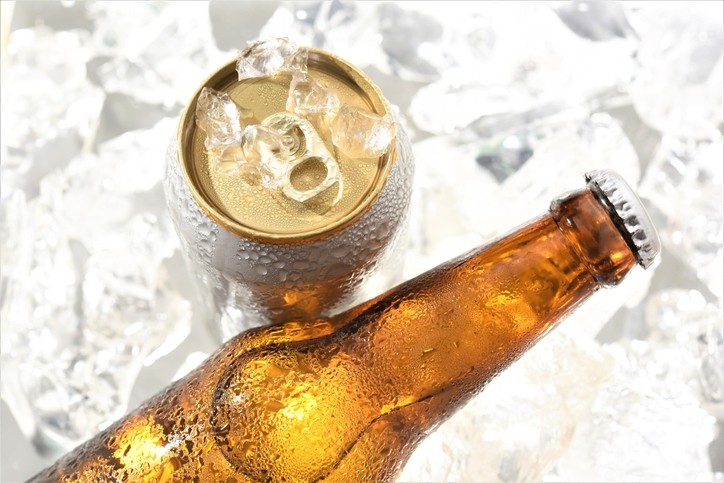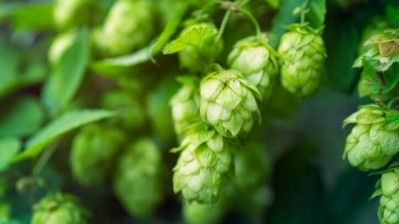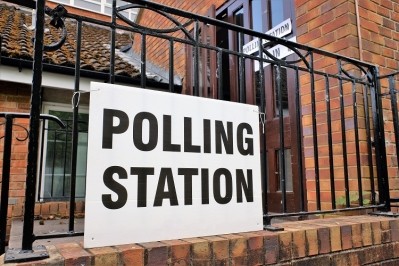Does beer stay fresher in bottles or cans?

Beer contains thousands of flavor compounds, which are metabolites produced by yeast, hops and other ingredients. During storage, chemical reactions break down some of those components, while others are formed. This reduces the content of some tasty flavors while generating unappetizing ones, contributing to the aging - or staling - of beer.
In a new study published in ACS Food Science & Technology, researchers from New Belgium Brewing company and Colorado State University tackle the question of whether bottles or cans are better - concluding that it depends on the type of beer.
Amber ale and IPAs
The researchers are far from the first to study beer aging – being a key issue for brewers wishing to prolong shelf life, particularly when beer needs to be distributed over long distances - but most studies have concentrated on light lagers and a limited group of chemicals.
Cans and brown bottles of amber ale and IPA were chilled for a month and then kept at room temperature for five months to mimic typical storage conditions. Every two weeks, the researchers analyzed the metabolites in newly opened containers.
An amber ale stayed fresher in bottles, whereas container choice made much less difference to the stability of an India Pale Ale (IPA).
For amber ales, the concentration of certain metabolites — including some amino acids and esters — differed significantly depending on whether it was packaged in a bottle or can.
IPA, however, was much less sensitive to packaging type, possibly because of its higher concentration of polyphenols from hops. These compounds not only prevent oxidation but also bind to amino acids, thus retaining them in the beer rather than allowing them to get stuck to the inside of a container.
The researchers also found that the metabolic profile of both amber ale and IPA changed over time, whether packaged in a can or bottle. However, amber ale in cans showed the greatest variation during aging.
“The results of this study do not support the conclusion of a general best package for all beer styles but rather indicate that the effects of package type are dependent on beer style," write the researchers in the study.
"Continued work to define the mechanisms driving the effects of package type on beer stability is warranted and would require integration with sensory outcomes.
"Ultimately, research on beer stability and packaging should provide relevant knowledge, so brewers may make scientifically backed packaging decisions and shelf life determinations.”
Study: “Characterizing the Impact of Package Type on Beer Stability”, ACS Food Science & Technology, March 13, 2023. 10.1021/acsfoodscitech.2c00351







